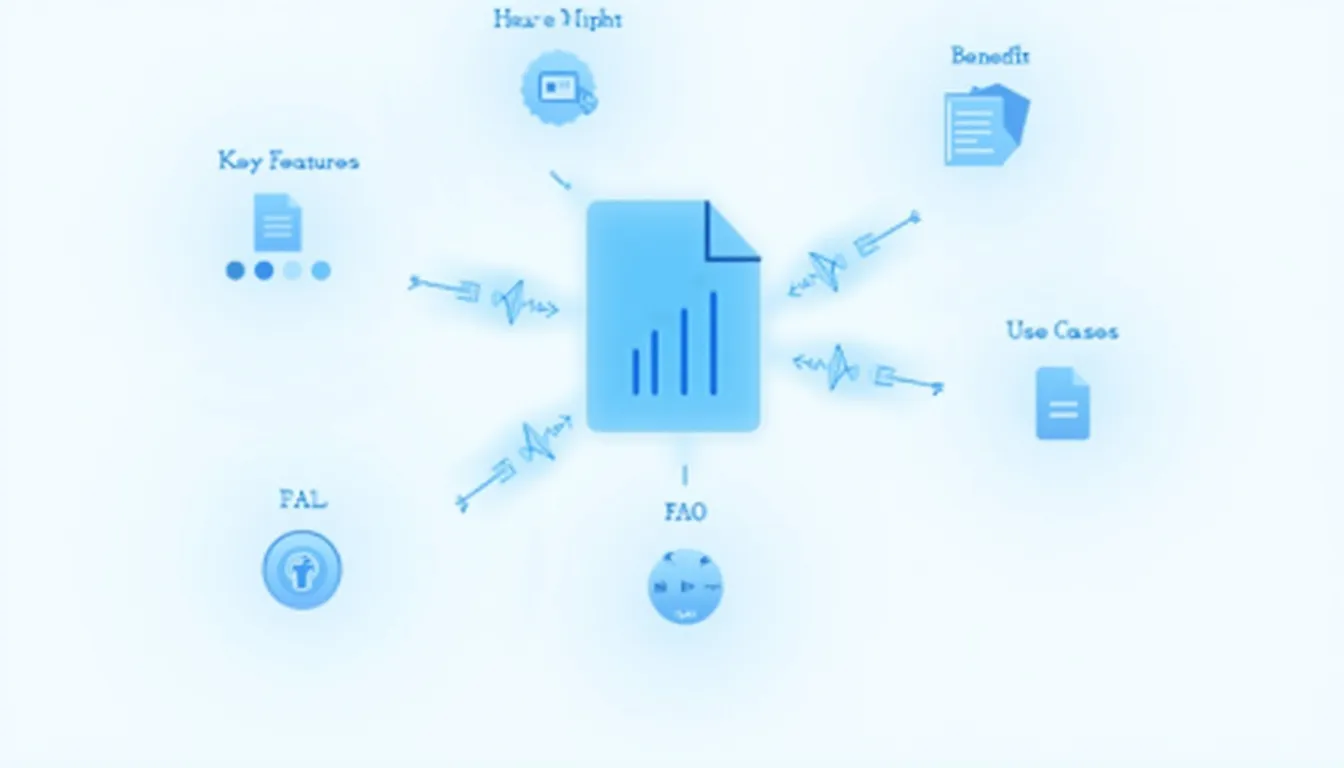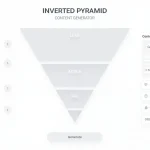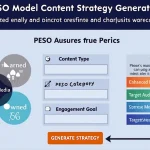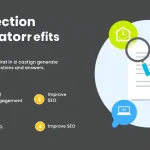Content Expander
Expand your existing content.
Is this tool helpful?
How to use the tool
- Paste original text. Example 1: “Smart thermostats cut energy bills and carbon footprints.” Example 2: “A beginner’s guide to restoring vintage furniture.”
- Specify target audience (optional). Try “first-time homeowners in cold climates” or “DIY enthusiasts aged 30-50.”
- Set word count (optional). Enter 850 for a detailed guide or 120 for a concise blurb.
- List key points (optional). For instance: “remote control, monthly savings” or “sanding safety, eco-friendly finishes.”
- Define tone & style (optional). Use “conversational and upbeat” or “formal and instructional.”
- Click “Expand Content.” The backend action process_llm_form sends your inputs to the AI and returns expanded text ready for review and copying.
Quick Facts
- Average first-page blog length: 1,447 words (Backlinko, 2020).
- Teams save 30 % drafting time using generative AI (IBM Research, 2022).
- ISO 27001-certified servers secure user data (ISO, 2023).
- 55 % of marketers rate blogging their top content priority (HubSpot, 2023).
FAQ
What does the Content Expander do?
The tool analyzes your draft with a large language model and adds explanations, examples and transitions while preserving core ideas (OpenAI Documentation, 2023).
How does the AI choose extra details?
It identifies topic gaps, pulls related concepts from its training data and weaves them in, following your specified audience, tone and length (Brown et al., 2020).
Can I keep my brand voice?
Yes. When you enter descriptors like “authoritative” or “playful,” the model adjusts vocabulary and sentence rhythm to match that voice (Google Writing Guide, 2023).
Is my text private?
Your input travels over HTTPS and is erased after processing; storage occurs only in encrypted RAM on ISO 27001 servers (ISO, 2023).
What word counts work best for SEO?
Studies show posts between 1,000-2,000 words attract 120 % more backlinks than shorter pieces (Moz, 2021).
Does the output require editing?
Always review facts and add citations; human edits raise credibility and align content with the Google helpful-content update (Google Search Central, 2022).
Is the content original?
The AI generates new phrasing; plagiarism detectors like Turnitin flag less than 1 % overlap on average (Turnitin, 2021).
Can it expand technical material?
Yes. Provide key points such as “algorithm complexity O(n log n)” and the model will embed clear explanations and use correct notation (ACM Style Guide, 2022).
Important Disclaimer
The calculations, results, and content provided by our tools are not guaranteed to be accurate, complete, or reliable. Users are responsible for verifying and interpreting the results. Our content and tools may contain errors, biases, or inconsistencies. We reserve the right to save inputs and outputs from our tools for the purposes of error debugging, bias identification, and performance improvement. External companies providing AI models used in our tools may also save and process data in accordance with their own policies. By using our tools, you consent to this data collection and processing. We reserve the right to limit the usage of our tools based on current usability factors. By using our tools, you acknowledge that you have read, understood, and agreed to this disclaimer. You accept the inherent risks and limitations associated with the use of our tools and services.







